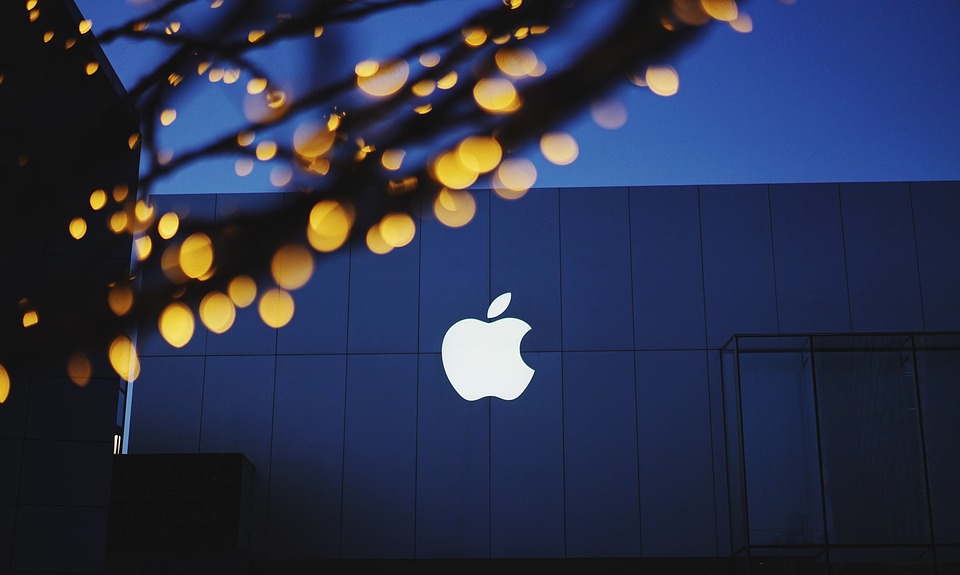The U.S. Justice Department is reportedly intensifying its antitrust investigation into Apple Inc. regarding the recent shutdown of Beeper Mini, an Android messaging app, according to a report by the New York Times. Beeper Mini, which was launched earlier this month, allowed Android users to send messages to iPhones without the need for an Apple ID account. Messages sent from Beeper Mini appeared in the iMessage chat app on the recipient’s iPhone. However, three days after the app’s launch, Apple blocked it by making technical changes to iMessage.
The company behind Beeper Mini attempted to restore service temporarily but eventually decided to shut it down, stating, “we can’t win a cat-and-mouse game with the largest company on earth.” This move reportedly caught the attention of the Justice Department, which is already conducting an antitrust investigation into Apple that began four years ago. The ongoing probe aims to determine whether Apple is giving its iOS apps an unfair advantage over competitors. The Justice Department is also said to be examining various aspects of Apple’s interactions with third-party developers.
Eric Migicovsky, the founder of the company behind Beeper Mini, met with Justice Department antitrust lawyers on December 12. Shortly after, a bipartisan group of lawmakers urged the department to investigate whether Apple violated competition law by blocking the app. The lawmakers emphasized the importance of interoperability and interconnections in driving competition and consumer choice in communications services.

Apple contends that it shut down Beeper Mini due to cybersecurity concerns, claiming that the app posed risks such as user metadata leaks, spam, and phishing attacks. The Federal Trade Commission (FTC) is also showing interest in the matter, addressing it in a blog post that highlighted concerns about anticompetitive conduct. The post noted that companies might use privacy and security justifications to refuse interoperability, and the FTC, as an enforcer of competition and consumer protection laws, is well-positioned to assess such claims.
The lack of interoperability between iMessage and third-party chat services has become a focus for policymakers in the European Union (EU). Last year, the EU passed the Digital Service Act, an antitrust legislation piece that includes a provision requiring “dominant messaging platforms” to allow users to send messages to rival services upon developers’ interoperability requests. Apple is arguing against applying this requirement to iMessage.
To address regulatory concerns, Apple announced plans in November to make iPhones compatible with the RCS messaging protocol in the coming year. This feature will enable messaging exchanges between iPhone and Android users. However, the implementation details of the RCS feature, whether integrated into iMessage or delivered differently, remain unclear.
The escalating scrutiny from regulatory authorities and lawmakers highlights the broader challenge of balancing antitrust concerns with issues related to privacy, security, and competition in the tech industry. As investigations progress, it remains to be seen how the outcomes may impact not only Apple’s practices but also broader considerations regarding interoperability and competition in the digital ecosystem.


